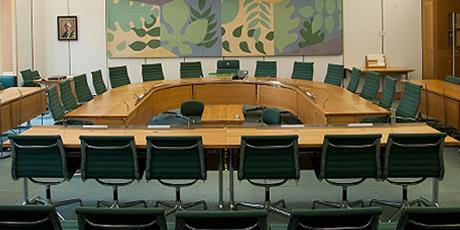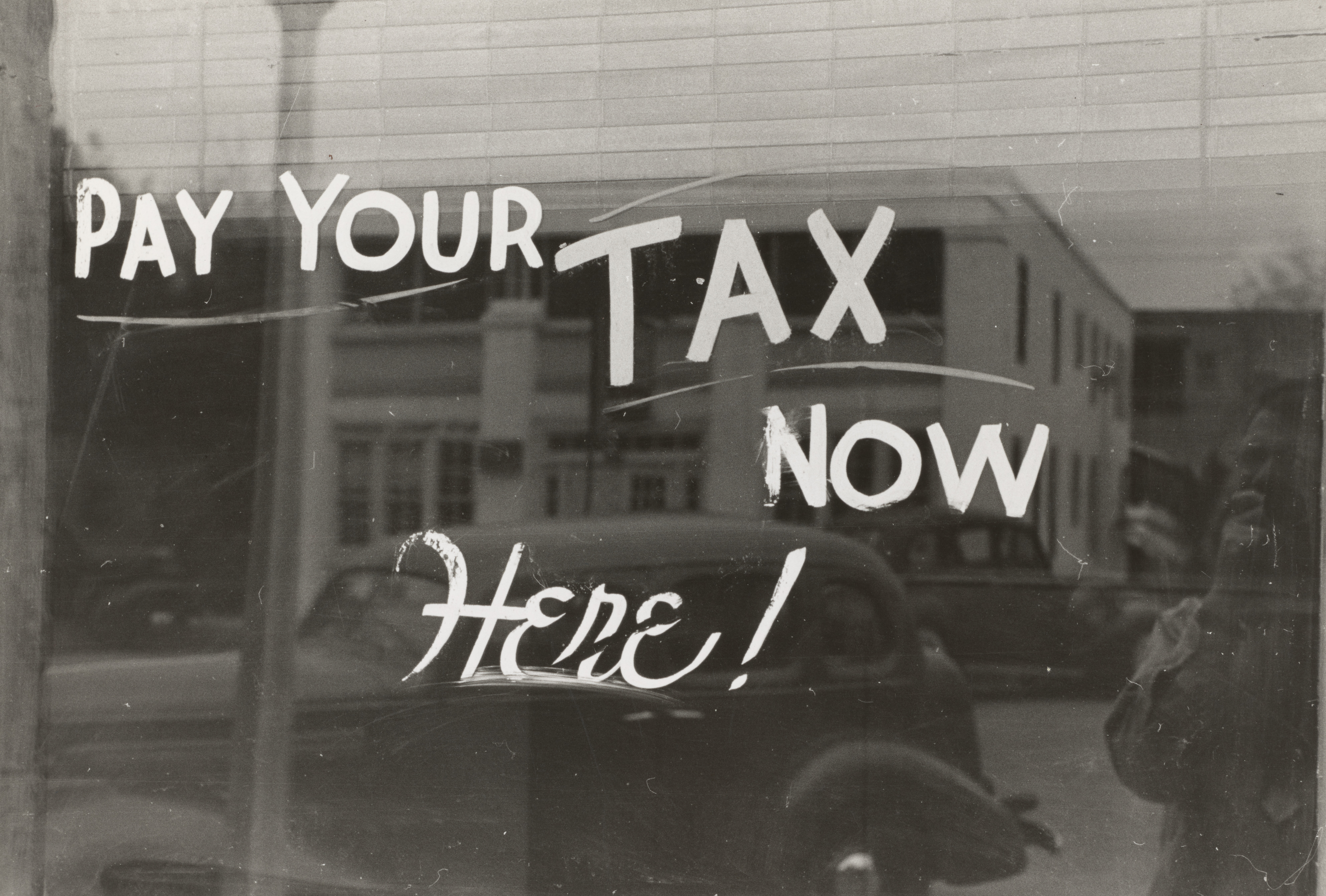
by Claire Aston | Oct 11, 2023
The Shadow Chancellor, Rachel Reeves, announced plans to appoint a Covid corruption commissioner at the Labour Party Conference this week. The speech was low on detail, except for reference to a figure of £7.2bn of fraud against the taxpayer related to Covid...

by Alex Dunnagan | May 2, 2023
HMRC must do more to deter and punish tax cheats following disruption to its compliance programme caused by the pandemic, according to a new report by the Public Accounts Committee. It shows HMRC opened 32% fewer cases in 2020-21 than the previous year, after 4,000...

by Alex Dunnagan | Jan 17, 2022
Three-quarters of Covid support claimed in fraud and error won’t be collected HMRC has revealed that they expect to recover just 25% of a total £5.8bn paid out due to fraud and error in relation to the coronavirus support schemes. 1HMRC responses to inaccurate claims,...

by Alex Dunnagan | May 12, 2021
• Furlough fraud and error set to cost between £3.5bn and £7bn • 5 known arrests for fraud so far concerning £5m in fraud • No civil penalties have yet been issued for furlough fraud • More investment required to tackle the scale of the problem Furlough fraud and...

by Alex Dunnagan | May 12, 2021
12th May 2021 Download PDF Furlough fraud and error set to cost between £3.5bn and £7bn 5 known arrests for fraud so far concerning £5m in fraud No civil penalties have yet been issued for furlough fraud More investment required to tackle the scale of the problem...






